Neutrons and muons to advance knowledge and improve lives
The ISIS Neutron and Muon Source enables researchers to explore materials down to the atomic level, providing insights to answer key scientific questions and drive innovations that benefit society.
A typical year at ISIS
1,200
Experiments
3,000
Users
from
30
Countries
600
Publications

Partnerships
We are proud to collaborate with many countries and institutions in the UK and worldwide.


